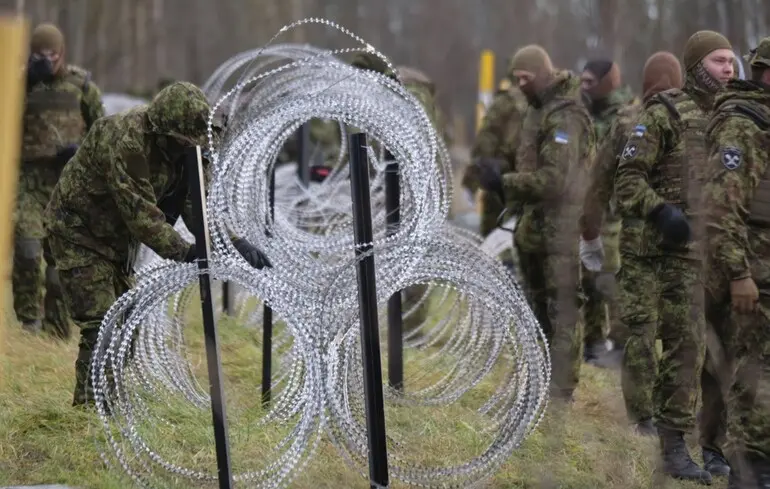Estonia Prepares Significant Defense Loan: Up to €3.6 Billion to Strengthen National Security

Estonia is actively preparing for substantial expenditures to bolster its national defense, planning to secure a loan of up to €3.6 billion approved by the European Commission.
These funds are intended for the procurement of modern defense systems, including short- and medium-range air defense missiles, advanced artillery, infantry fighting vehicles, and other crucial armaments necessary for ensuring the country’s security.
Notably, some of the acquisitions will be carried out in collaboration with other EU member states, which will help optimize costs and increase procurement efficiency.
According to officials from the Ministry of Defense, the approved loan amount will range between €2 billion and €3.6 billion, with final terms, including repayment period, still under development.
Preliminary data suggest that the loan could be issued for up to 45 years, allowing Estonia to reduce annual debt servicing costs.
Experts from the country emphasize the possibility of hosting NATO aircraft with nuclear weapons, highlighting ambitions to enhance defense capabilities.
It should be noted that Estonia previously borrowed funds from the European Investment Bank, but these did not cover weapons procurement.
The new strategy stipulates that at least two-thirds of components must be produced within the EU, elevating national security and fostering local arms manufacturing.
The Ministry of Defense plans to utilize these funds for acquiring medium- and short-range air defense systems, artillery shells, armored personnel carriers, and naval stockpiles.
Collaboration with other EU and NATO countries has already been exemplified through joint purchases of IRIS-T missile systems with Latvia and Germany.
By the end of November, the government is expected to submit a detailed defense project plan to the European Commission for approval, facilitating military modernization.
Additionally, there are prospects for establishing a joint military corps in Estonia, potentially including troops from Germany and the Netherlands, with the country committing to allocate at least 5% of GDP to defense expenditures from next year.

